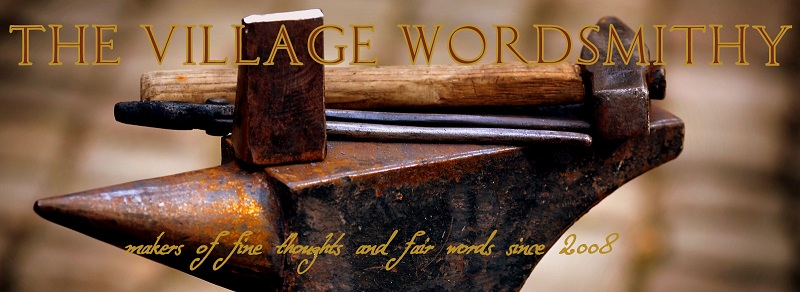"It is a truth universally acknowledged that a zombie in possession of brains must be in want of more brains. Never was this truth more plain than during the recent attacks at Netherfield Park, in which a household of eighteen was slaughtered and consumed by a horde of the living dead."
Most die-hard Jane Austen fans read those lines, the opening lines of Quirk Classic's 2006 hit Pride and Prejudice and Zombies in something close to abject horror, wondering what they had done to bring down this disgrace on their favorite author and her beloved "Pride and Prejudice." I read them and thought several things. One, that was hilariously clever of Seth Grahame-Smith, and two, what a great way to explain why there are no people living at Netherfield. (That part of P&P always irked me.)
Curiously enough, I didn't read Pride and Prejudice and Zombies for the zombies. Unlike the target audience (that part of the reading or non-reading population generally turned off by 19th century social drama,) I enjoy Jane Austen. P&P isn't my favorite book (that honor goes to Persuasion) but I still get a kick out of Elizabeth and Darcy's angry repartee and can laugh a little at Mr. Bennett's constant trials in a house filled with women and their worries. I read P&P&Z because I like the original enough to also enjoy making fun of it.
And, true to promised form, P&P&Z did not disappoint. Way back in December while I was home on break, I sat down with three different mash-ups of varying persuasions and saturated myself for about a week in Austen homages. All of them were interesting; P&P&Z, however, was without reserve the best of the bunch.
So it was without hesitation that I told the wonderful people at Quirk Books that I'd love to read the latest installment of zombie-infested Austen, Dreadfully Ever After.
I enjoyed Pride and Prejudice and Zombies for the same reason I enjoy reading re-told fairytales and rehashed Shakespeare -- because I can admire the writing and the thought that goes into trying to create something new and innovative out of an already existing work. (For my thoughts on Android Karenina, the Quirk treatment of the Tolstoy Classic, you can read my post here) I liked finding those strange little parallels into the original text, and it's for that reason that I didn't enjoy DEA as much as P&P&Z.
Allow me a moment to explain.
Dreadfully Ever After opens on our fearless friends, the zombie fighting Darcys, four years into their happy marriage. Life for them is pretty much the way we left it at the end of P&P&Z -- Darcy is still Darcy, Lady Catherine is still a pain in everyone's side, and Lizzy is finding it a little hard to adjust to life as a married woman. For one thing, it means she can't wear her trusty katana outside of the house. For another, this lack of swords means that when she and Darcy are set upon by a horde of the undead, she is powerless to stop the zombie who bites her beloved husband and begins the process that will slowly turn him into one of them.
So, off our characters trundle on yet another adventure filled with ninjas, the walking dead, and enough venom from Lady Catherine to burn through a steel door. It's a wild, rollicking ride through post apocalyptic London to try and obtain the antidote to the zombie onslaught.
Now, I can appreciate the delicate art of the Jane Austen spin-off. I have, in a moment of delusion, attempted to write one myself. What unnerves me about DEA is that the great JA characters and nuances I read these things to find are gone, a mere sidenote in this ruckus of katanas and carriage chases. The cleverness that brought me to Pride and Prejudice and Zombies is missing here, and if I enjoyed zombies, that wouldn't be a bad thing. As it is, I'm not the first line at the movies when someone mentions the living dead.
The knowledgeable folks at Publishers' Weekly have said of DEA that "This happy sacrilege is sure to please" and I agree with that, as long as one adds "if one enjoys the literary company of flesh-eating unmentionables."




